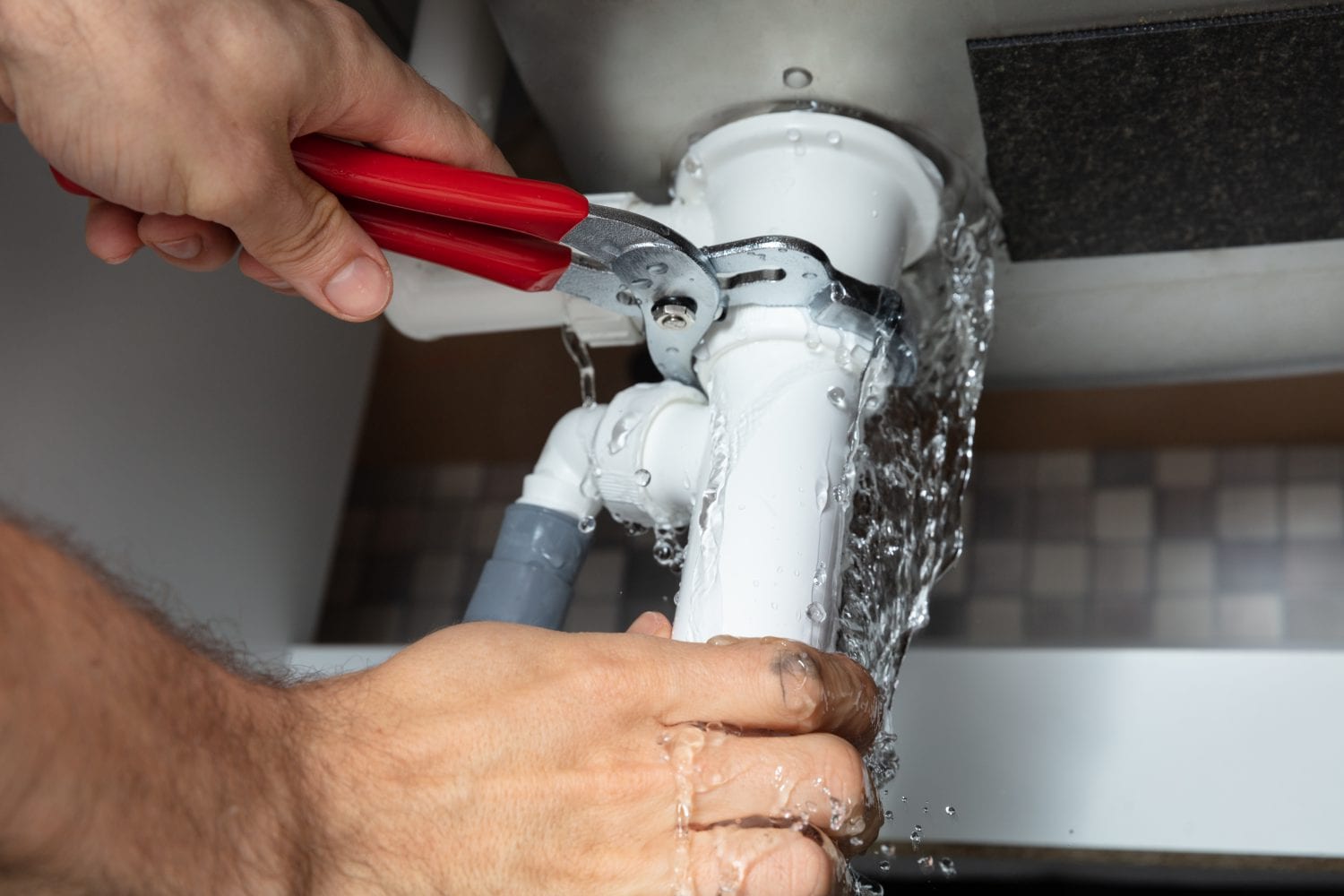We’re all aware that leaks in the home occur, and they do so very frequently. What we don’t always seem to understand is why they occur. Why should your pipe suddenly start leaking if you haven’t damaged it? Are your pipes clogged? Is the leak an indication that something has gone dreadfully wrong with plumbing leaks?
The majority of typical household leaks are simply the result of time and wear and tear. Knowing where these leaks come from and what to do before they happen again is key to finding, correcting, and preventing them. All of this is something we can assist you with. Here’s what you should be aware of:
What Are The Most Typical Causes Of Water Leaks In The Home?
Almost all pipelines leak at some point, but a variety of factors can speed up or slow down the process, as well as cause the leak to occur in the first place. The following are the most typical causes of plumbing leaks:
Broken seals: At the point where water runs into most of your appliances, seals are fitted. These seals, like any other part of a fixture, can break or wear out over time. When this happens, some of the water that should be flowing into the appliance leaks out instead.
Clogs: Clogs cause water to back up, putting undue strain on the insides of pipes. All of that pressure wears down seals and the sides of pipe walls over time. When the pressure builds up to a point where the weakened pipe walls or seals can no longer withstand it, they will burst and cause a leak.
Corrosion: Over time, the inside of pipe walls may corrode or rust. If you have hard water or extremely high water pressure, this happens more quickly. Corroded pipes can no longer withstand the pressure or force of water flowing through them. That pressure and force could eventually cause a leak in a particularly corroded portion.
What Can You Do To Keep Plumbing Leaks At Bay?
Taking good care of your plumbing is the most effective approach to avoid plumbing leaks. Fortunately, properly treating plumbing lines is relatively simple. Just be certain that you:
Chemical drain cleaners should never be used: Chemical drain cleaners may appear to be a quick and easy way to clear clogs, but they aren’t. Chemical drain cleaners have no way of distinguishing between a blockage and the pipes that surround it. Drain cleaners will eat away at the interior of your pipes if you use them too often. They may eventually chew through your pipes completely, causing a leak.
Never use your drains as a garbage can: The majority of pipe leaks occur for one of the following reasons: The first is ill-fitting clothing. Clogs that put too much pressure on your pip walls are the second problem. You’re considerably more likely to develop clogs that require drain cleaning if you use your drains as a garbage can by flushing things you shouldn’t. The greater your chances of causing a clog, the greater your chances of causing a leak.
When You Discover A Plumbing Leak, What Should You Do?

If your leak is caused by a loose fitting, you may be able to repair it on your own. To stop a leak in its tracks, just hold the loose fitting with a plumber’s wrench and tighten it. If your pipe is genuinely broken open, we recommend tape it up and hiring an expert to aid you.
Any existing leaks in your home’s plumbing system can be found and repaired by professional plumbers. We’ll also use this time to search for any signals of potential danger and help ensure that they don’t turn into new leaks after we’ve left. A quick plumbing repair and inspection might save you a lot of time in the long run.
Leaks in the plumbing system occur. In fact, they’re rather common. If you have one in your home, the best thing you can do is deal with it soon away. The longer you leave a link open, the more likely it is to cause more harm. You’ll be able to quickly locate and repair your plumbing leaks if you follow these guidelines.
When a plumbing emergency occurs, we are ready to respond immediately. Please feel free to reach out to us.


